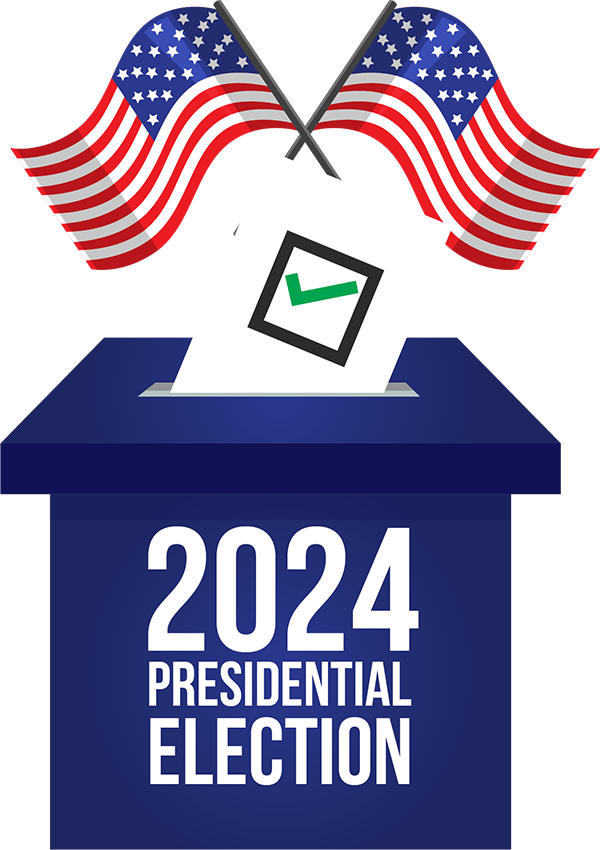
November 2024
The people have spoken, and in a largely incident-free presidential election, former President Donald J. Trump will enter office for his second non-consecutive term on January 20, 2025, as the country’s forty-seventh President of the United States of America. Whichever side of the political divide you are on, the proposed election policies from both candidates promised to impact not just the economy at home in the U.S. but also how it interacts with the wider world.
Trump’s “America First” agenda emphasizes prioritizing domestic business growth and job creation, suggesting that a Trump administration might pose challenges for the BPO sector. However, as with most political dynamics, the reality is far more nuanced. Looking at his previous term and established trends, we can deduce that while this stance promotes domestic production, it can benefit the nearshore outsourcing sector by reinforcing its position as a cost-effective and strategically viable asset for growing U.S. businesses.

- Corporate Tax Cuts: The proposed reduction of corporate tax rates aims to stimulate business growth. If these policies are implemented, companies may have more capital and flexibility, fueling growth and increasing demand for cost-efficient nearshore outsourcing services to streamline operations, cut costs, and expand service offerings.
- Deregulation: Reduced regulations in industries like finance, healthcare, insurance, and energy could create a surge in activity as companies expand services and streamline operations. As these companies focus on cost efficiency and growth, nearshore BPOs may see increased demand for non-core tasks.
- Compliance and Security: Policies enhancing compliance and security could benefit nearshore BPOs by creating favorable conditions for U.S. companies to partner with providers in regions with strong data protection and regulatory alignment to U.S. standards. This alignment makes nearshore providers a more attractive choice over offshore alternatives.
- Job Creation Incentives: Policies promoting U.S. job growth through incentives and subsidies could benefit nearshore BPO providers indirectly. As U.S. companies seek ways to balance domestic job creation with cost-effective operations, they may turn to nearshore outsourcing partners for supplemental support in non-core functions. This would allow them to maintain competitive pricing while supporting U.S.-based growth initiatives.
- Investment in Advanced Technologies: Policies encouraging investment in artificial intelligence, robotics, digital payments, and blockchain technology could benefit nearshore BPOs by driving demand for tech-savvy outsourcing partners. As U.S. firms embrace digital transformation, nearshore BPOs with expertise in tech-driven solutions, such as robotic process automation (RPA) and AI-enabled customer service, can benefit U.S. clients with agile, data-driven support.
In summary, while ostensibly prioritizing U.S. interests, Trump’s policies should positively impact the nearshore BPO landscape. They would help reaffirm nearshore as a more secure and strategic solution than offshore alternatives for U.S. companies seeking cost savings, compliance, and agility, especially in a shifting regulatory environment that may drive unprecedented industry growth. Nearshore BPOs are increasingly seen as ideal outsourcing partners, with the benefits of similar time zones, cultural alignment, and reduced language barriers, all of which enhance collaboration and streamline client relationships.
Of course, Trump’s economic policies also have potential negative impacts. Expansionary policies, such as increased government spending, tax cuts, and low interest rates, can boost economic demand, leading to upward pressure on prices if supply can’t keep up, creating a more inflationary environment. Tariffs, on the other hand, can increase the cost of imported goods. If businesses pass these higher costs on to consumers, they can also contribute to inflation. However, these outcomes can also lead to increased demand for cost efficiency, and U.S. businesses may seek to offset these expenses by outsourcing to nearshore locations.
As a U.S.-owned company, KM² Solutions is well positioned to benefit from potential policy changes. Its nearshore presence in the Caribbean and Latin America enables close, cost-effective collaboration with U.S. companies. Policies that drive growth can further boost its appeal as a reliable, proven partner offering high-quality, affordable services. With strong data protection practices and advanced tech capabilities, KM² is a secure, innovative choice. Its scalable workforce also supports U.S. firms in balancing domestic growth with outsourced support, making KM² Solutions an adaptable partner in a changing policy landscape.
About KM² Solutions


